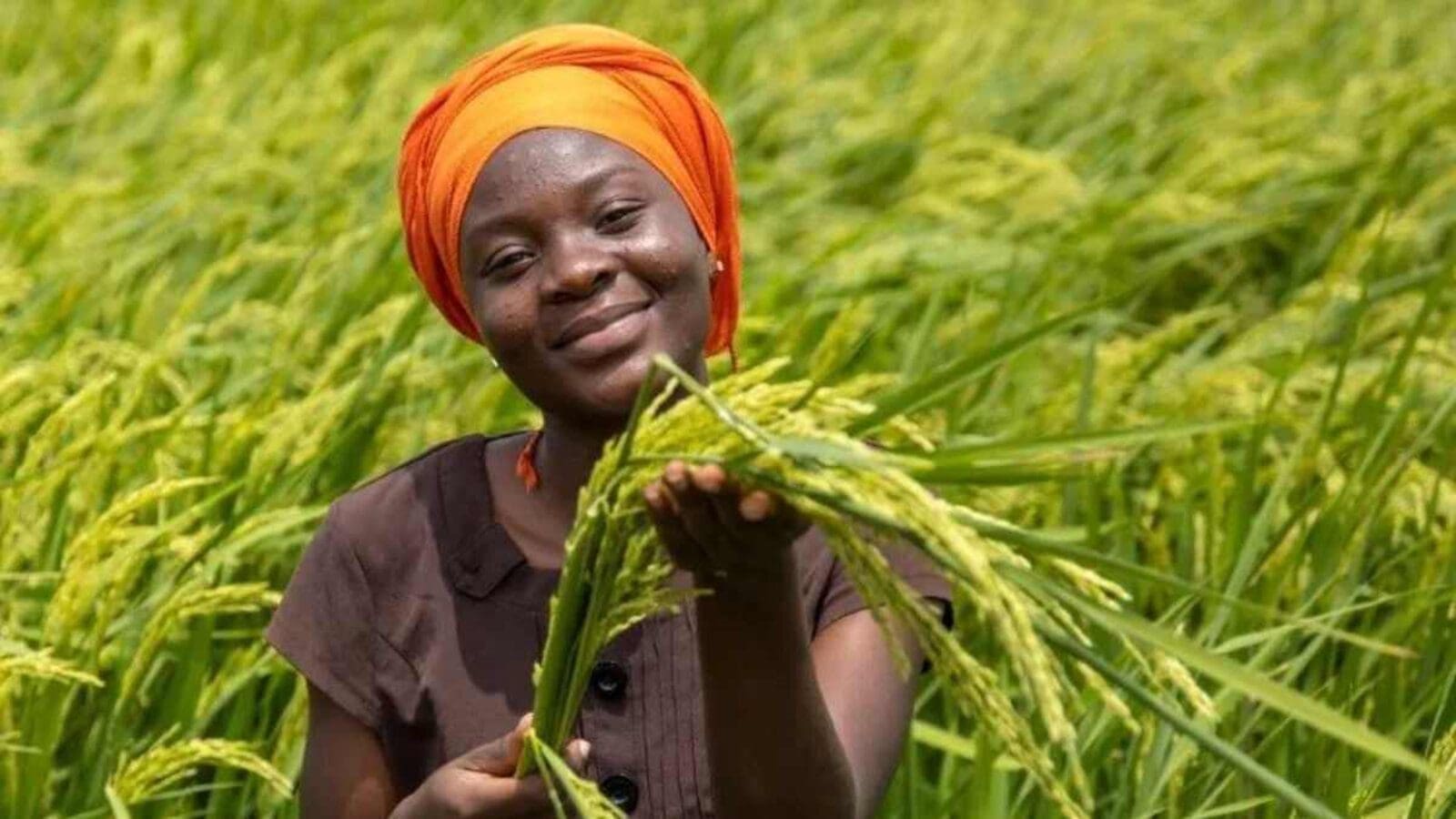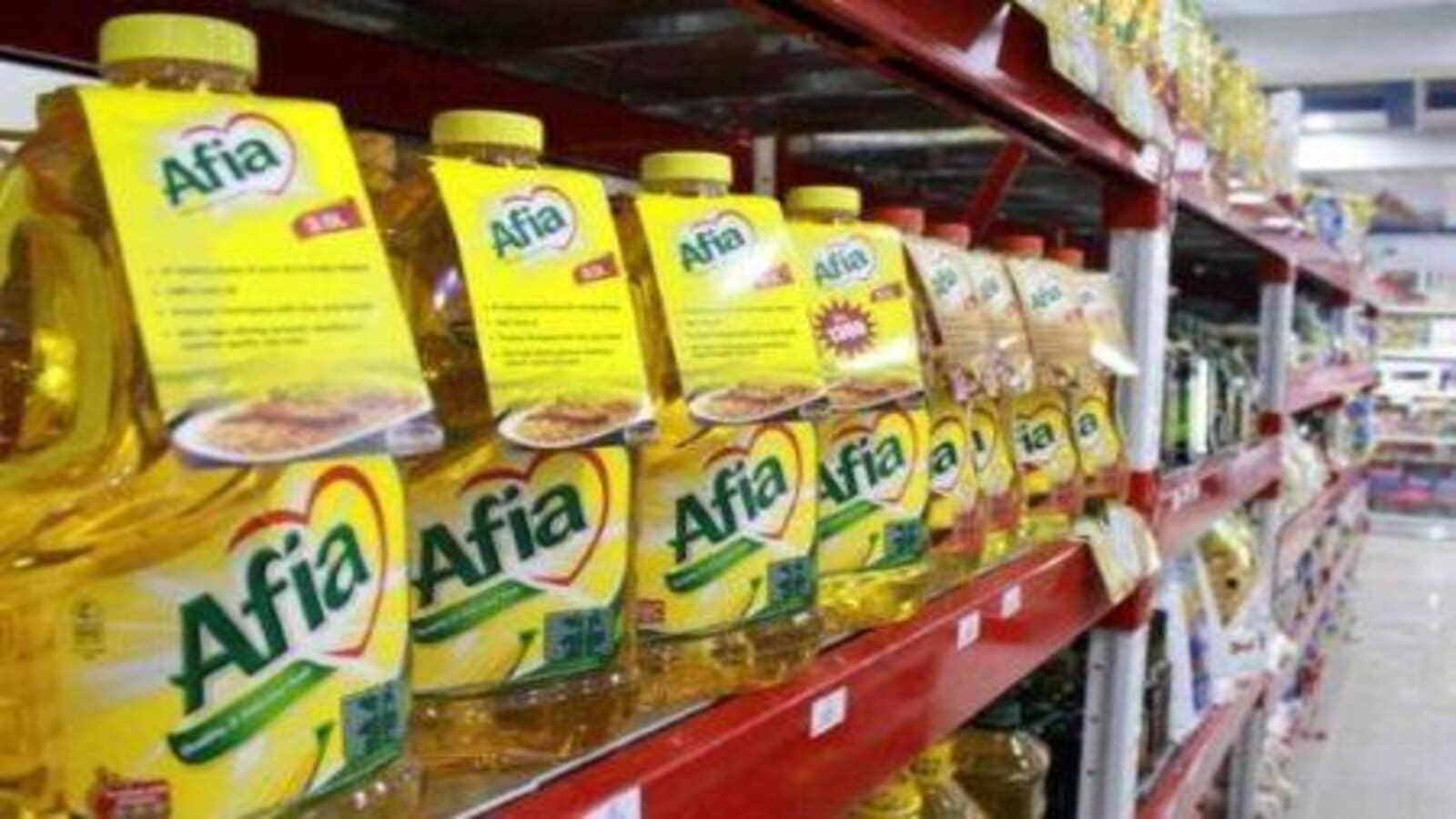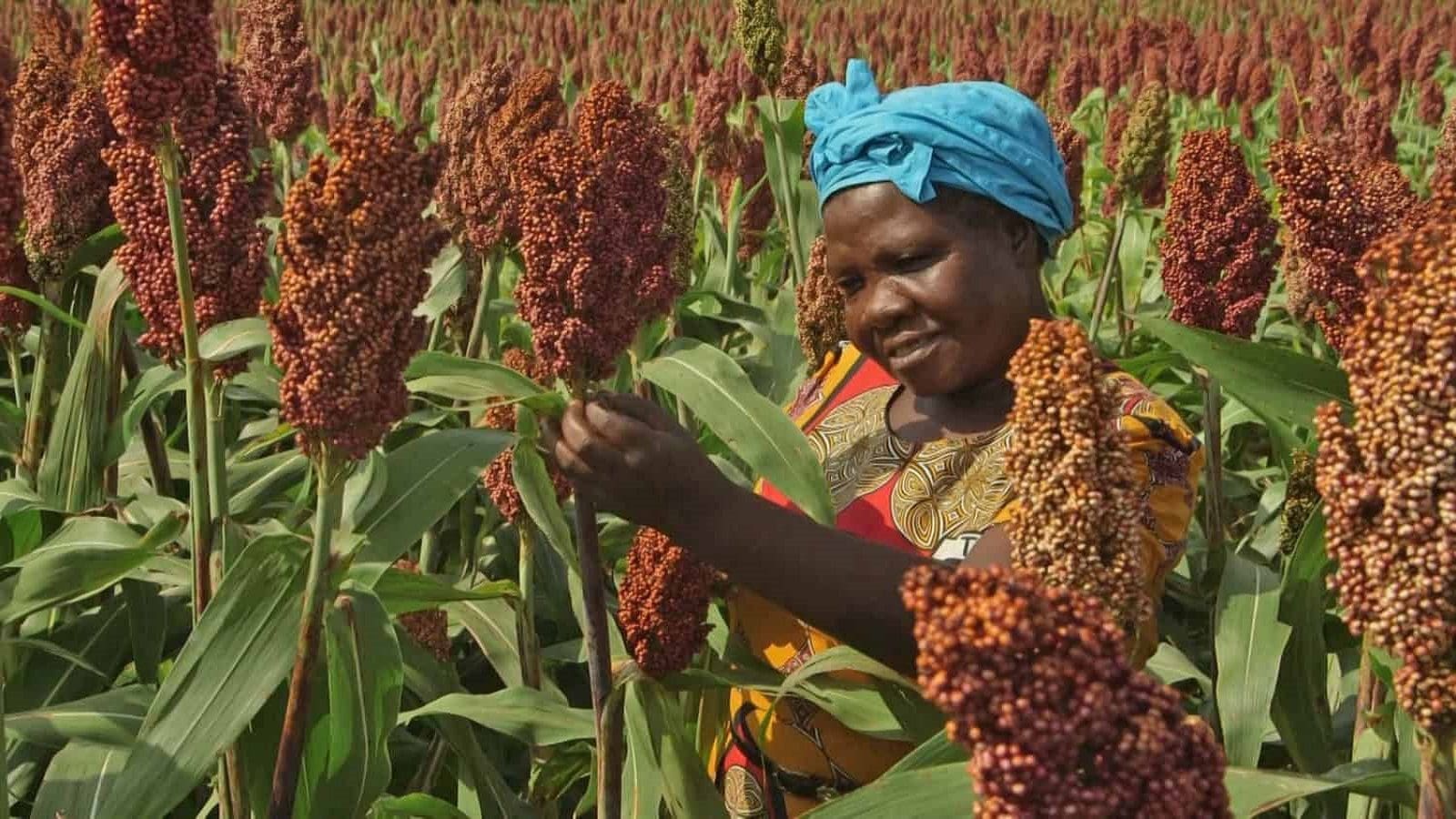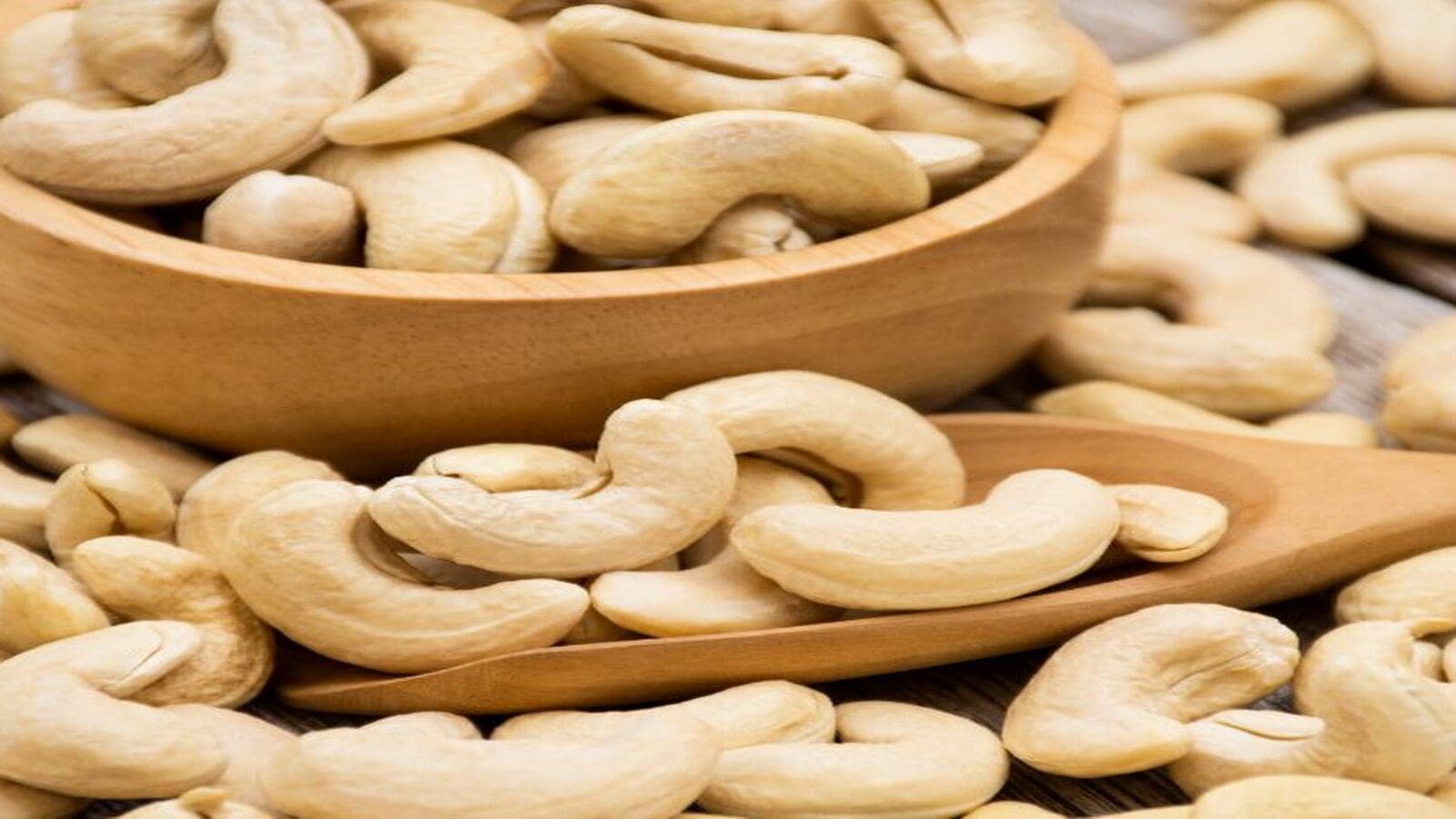GHANA – Ghanian stakeholders in the rice value chain have been introduced to agricultural technologies from Israel essential to improve the climate resilience of rice farming for increased yields, as the country strives to achieve self-sufficiency.
According to All Africa, the smart move was achieved during a breakfast meeting held in Accra that brought together participants including rice farmers, agribusinesses, Ministry of Food and Agriculture officials, and Israeli experts to exchange knowledge and experience.
The breakfast was held on the theme “Building Climate Resilience in rice production; Agritech Solutions from Israel” the featured Israeli companies were N-Drip, Salicrop, CropX, YieldsApp, and Netafim, both virtually and in person.
Speaking at the meeting, YanivTessel, the Head of the Israeli Economic and Trade Mission assured that using innovative technologies to enhance climate resilience production could address multiple critical challenges and meet rice consumption needs.
He intimated that the consequences of climate change such as disruption in farming seasons, droughts, heatwaves, floods, as well as irrigation water shortages, pests, and diseases had worsened the situation, thereby resulting in greater reliance on imports from Asia.
In a presentation, a representative of N-Drip, Richard Nunekpeku, introduced participants to a gravity micro-irrigation system that helps to reduce water use in farming, thereby producing higher yields while saving water
Rice is the second most consumed cereal after maize in Ghana. Further, rice is fast emerging as a strategic cash crop and an economic tool for the Ghanaian population even though the country still imports more than 60% of its domestic consumption.
However, the government of Ghana has embarked on local production to offset the US$ 1.3 billion financial burden used to import the commodity annually.
Recently Ghana partnered with the Korean government to launch a US$27 million rice development project to boost rice production and aid Ghana’s quest to achieve national food security.
On her part, Mrs Shlomit Sufa, the Israeli Ambassador to Ghana, said that the forum was Israel’s way of helping Ghana to address issues of main concern to Ghana’s economy such as tackling climate change challenges and increasing food security.
She said the Israeli companies had top-notch technology and innovation specially designed for the needs of Africa’s climate, thereby contributing to better food security and obtaining the Sustainable Development Goals.
In addition, Mrs Sufa revealed that rice production was selected because it was a staple food in Ghana and the issue of increasing the local production of rice was a priority for Ghana and farmers across the country.
“This is where Israel can step in and support the effort in increasing and bettering yields of rice and help the rice sector to build more resilience to pesticides and diseases,” she said.
Mrs. Sufa expressed the hope that the forum, which was monitored by many companies online, would lead to future collaboration between Ghanaian and Israeli businesses for mutual benefits.
The breakfast was organized by the Israeli Economic and Trade Mission to Ghana, Israel Export Institute, and Ghana Professionals Network, aimed at fostering partnerships and business relations between Israeli and Ghanaian companies.
For all the latest grains industry news from Africa, the Middle East and the World, subscribe to our weekly NEWSLETTERS, follow us on LinkedIn and subscribe to our YouTube channel










